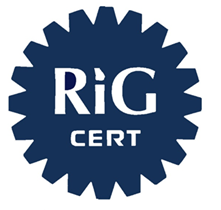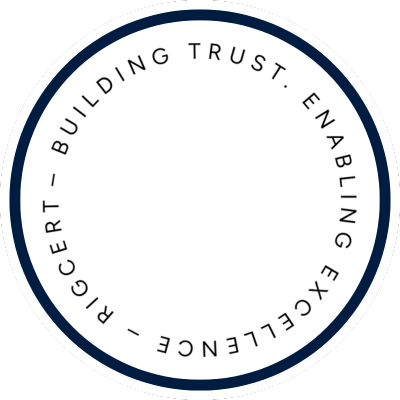
Auditing climate change requirements within mangement systems audits
In February 2024 ISO introduced an amendment with climate change considerations to many popular management system standards, such as ISO 9001, ISO 14001, ISO 45001, ISO/IEC 27001, ISO 37001, ISO 50001 or ISO 22301.
This amendment requires organizations to determine whether climate change is a relevant issue for their purpose and can affect their ability to achieve the intended outcomes of their management systems. It is up to each organization to decide if and how climate change impacts the management system and its intended results.
As part of stakeholder identification, organizations are also advised to consider that interested parties may have requirements related to climate change.
The approach to implementing the requirements in this amendment will vary depending on the discipline addressed by the management system. It is possible that for a certain standard (e.g. ISO 9001) climate change to be considered as relevant issue, while for another standard implemented by the same organization (e.g. ISO 37001), climate change is not determined as relevant.
Our approach to auditing climate change considerations during management system audits will focus on understanding the process of the organization for determining whether climate change is or not a relevant issue. This decision and the reasoning behind it will be reviewed by RIGCERT auditors.
In case climate change is deemed a relevant issue by the organization our auditors will look to understand the impact of this decision on various elements of the management system such as the determination and management of risks and opportunities, the scope of the management system or resource allocation.
Depending on the discipline addressed by the management system in case and considering the specific sector in which the organization operates, our auditors will evaluate how climate change issues impact the conformity of products and services or the performance of the management system and how the organization manages these impacts.
Compliance with the requirements for climate change are mandatory for every organization implementing a standard to which the amendment applies. RIGCERT auditors will assess during audits conformity with the requirements concerning climate change during audits. Any identified nonconformities will be addressed in the same manner as nonconformities related to other requirements of the relevant standards.
For more information on our approach to auditing climate change requirements please contact RIGCERT.






